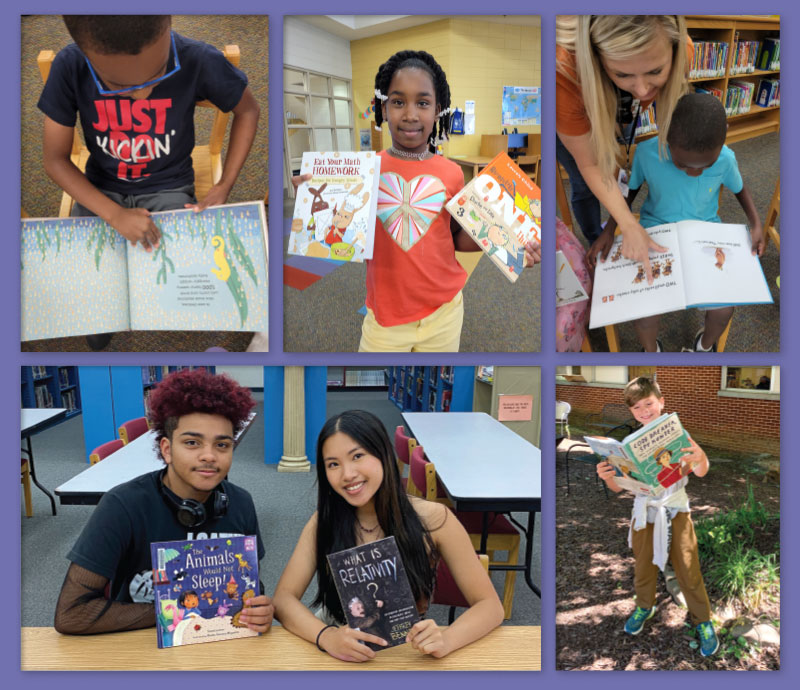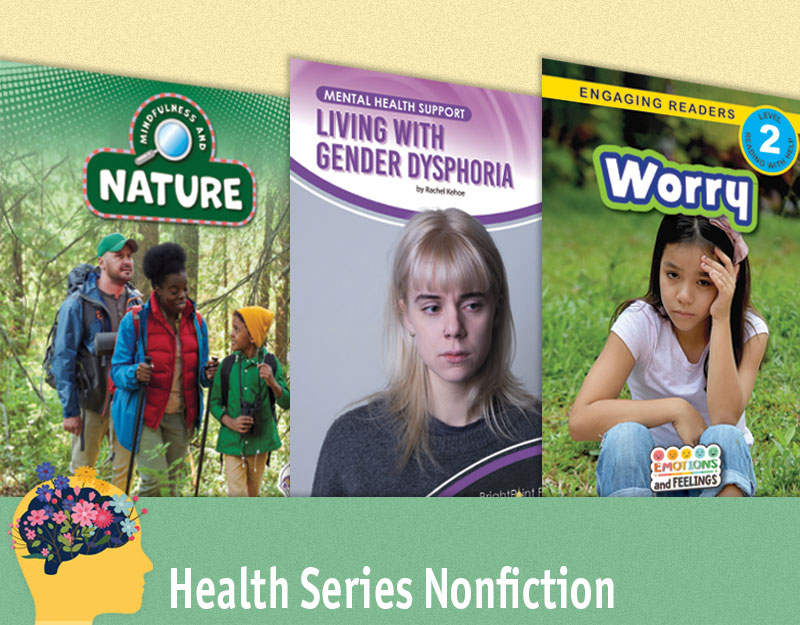Book Review: The Ogress and the Orphans by Kelly Barnhill

Publisher’s description
A new instant-classic fantasy about the power of generosity and love, and how a community suffers when they disappear, by Kelly Barnhill, winner of the Newbery Medal for The Girl Who Drank the Moon, a New York Times bestseller.
Stone-in-the-Glen, once a lovely town, has fallen on hard times. Fires, floods, and other calamities have caused the people to lose their library, their school, their park, and even their neighborliness. The people put their faith in the Mayor, a dazzling fellow who promises he alone can help. After all, he is a famous dragon slayer. (At least, no one has seen a dragon in his presence.) Only the clever children of the Orphan House and the kindly Ogress at the edge of town can see how dire the town’s problems are.
ADVERTISEMENT
ADVERTISEMENT
Then one day a child goes missing from the Orphan House. At the Mayor’s suggestion, all eyes turn to the Ogress. The Orphans know this can’t be: the Ogress, along with a flock of excellent crows, secretly delivers gifts to the people of Stone-in-the-Glen.
But how can the Orphans tell the story of the Ogress’s goodness to people who refuse to listen? And how can they make their deluded neighbors see the real villain in their midst?
Amanda’s thoughts
I’m reading this book in late February 2022. We’re two years into the pandemic. Russia has invaded Ukraine. Trans children in Texas are having their health care called criminal. MPR is about to tell me the verdict in the case against the former police officers who stood by and did nothing while their coworker murdered George Floyd. My Twitter timeline is full of news of books being challenged and banned. The world is upsetting. It’s always been upsetting, but the past few years, the years since the 2016 election, have brought to light the worst in people. The pandemic has shown the absolute worst in people—the selfishness, the ignorance, the disregard for each other. So when I start this book about a formerly lovely town now in ruins, full of scowling people who decide it’s best to stick to yourself and not concern yourself with neighborliness, as I read about the loss of their school and library, the environmental disasters, the loss of community and connection, I don’t just see Stone-in-the-Glen, I see our town, all of our towns, and what has happened and what could come.
Barnhill presents us with a fragmented town and builds her story around an ogress, some orphans, and some crows. Stone-in-the-Glen has a flashy, gaslighting mayor who speaks in circles, leaving his constituents exhausted and dizzy, unable to remember what’s true or what their concerns are. As the people become more cut off from each other, as they are forced to survive with less and less (both materially and in every other sense of the idea), they find an easy scapegoat in the ogress, someone who is different and “not one of us” and very, very easy to blame. Never mind that she’s gentle and loving. Or that she has been providing the town with food (oh, the food! with Redwall-like descriptions of so much amazing food!) and art for years. So when one of the orphans goes missing, even in the face of all evidence otherwise, they choose to believe the ogress is at fault. And as their rage boils, the orphans take action, hoping to stop the tide of hatred and encouraging their fellow townsfolk to look harder and ask questions.
It’s through these orphans, the ogress, and the crows that the townsfolk and the readers are asked to consider what is a neighbor? What happens when people are only concerned with “mine” and not with “ours”? How does a community survive in the face of a manipulative liar bent on control and chaos, determined to keep people ignorant? What happens when we lose empathy? As we are often reminded in this story, facts matter. And if we choose to twist the truth and believe our own new “facts,” we will never see the truth. We will never see what’s right in front of us. Beware anyone who says that they alone can fix your problems. Beware people who speak without listening, who smoothly say “trust me” but never do anything to earn that trust.
Stone-in-the-Glen was a lovely town, though we don’t get to see much of that before things fall apart. We see most of the town cling to the eventual signs that pop up saying things like “Make our town lovely again.” They’re told to hate outsiders, to blame them for the downfall of their society. They tell outsiders to “go back where you came from.” They talk of building a wall. But what if instead of fear and hate, we made connections, built community, and said “all are welcome here”?
These are heavy questions, and ones with answers that require deep thought and an ability to think for yourself, a valuing of logic, proof, and real truth over lies and finger-pointing. And in the end, it is of course knowledge and story and books and community and kindness and goodness and sharing that wins out. May we all find such hope and change in our lives. May we all see that our neighbor is anyone, that our neighbor is everyone.
A stunningly beautiful, profoundly thoughtful examination of community, kindness, and truth. A fantastic read.
Review copy (ARC) courtesy of the publisher
ISBN-13: 9781643750743
Publisher: Algonquin Books of Chapel Hill
Publication date: 03/08/2022
Age Range: 10 – 12 Years
Filed under: Uncategorized
About Amanda MacGregor
Amanda MacGregor works in an elementary library, loves dogs, and can be found on Twitter @CiteSomething.
ADVERTISEMENT
ADVERTISEMENT
SLJ Blog Network
2024 Books from Pura Belpré Winners
In Memorium: The Great Étienne Delessert Passes Away
Winnie-The-Pooh | Review
Parsing Religion in Public Schools
ADVERTISEMENT







